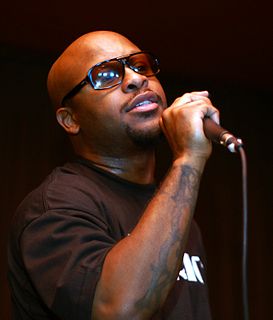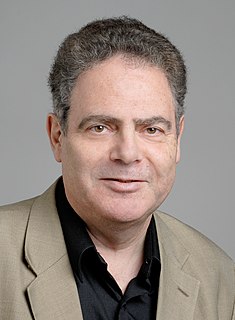A Quote by Neil Gaiman
There's this thing, they have in french: L'espirit d'escalier. The spirit of the stairway. I don't think we have a word for it in English. It means, well, the clever things to say that you only think to yourself when you're on the way out.
Related Quotes
I think it's good for anybody to learn languages. Americans are particularly limited in that way. Europeans less so... We're beginning to have Spanish move in on English in the states because of all the people coming from Hispanic countries... and we're beginning to learn some Spanish. And I think that's a good thing... Only having one language is very limiting... You get to think that's the way the human race is made; there's only one language worth speaking... Well, this isn't good for English.
I think the French agonise more about being French, I don't think English think about being English that much. I think the Scottish think about being Scottish and the Welsh think about being Welsh, but the English don't really care. But the French think about it all the time, it's an absolute preoccupation.
One of the first things I think young people, especially nowadays, should learn is how to see for yourself and listen for yourself and think for yourself. Then you can come to an intelligent decision for yourself. If you form the habit of going by what you hear others say about someone, or going by what others think about someone, instead of searching that thing out for yourself and seeing for yourself, you will be walking west when you think you're going east, and you will be walking east when you think you're going west.
As a storyteller, you have to have something to say. You have to look at the world, think about it in relationship to yourself, and say, 'I think this is a pattern,' or 'I think this is the way fatherhood works,' or 'I think this is the way first love feels.' The danger in that is, that's when you open yourself up to real critique.
I've done many, many French movies and many, many English movies. I think it frees something when you don't talk in your mother language, but I also think you withdraw something as well. I'm a French actress, and sometimes I speak in English-speaking roles. For me, being an actress was always being a traveler. It goes together.
I got caught cheating a bunch of times, well now I'm not drinking but you think just because I say, "Oh I'm not cheating on you" that that's good enough? No! It's about action and I think it's the same way with God. It's about action, it's about the way you live your life and how you carry yourself and that's what God sees. I think people should take a page out of that book when they make their decisions and do things... and I think that the world would be a better place.
Everyone needs some trial and error figuring out how it's gonna work for them. I could have gotten that out of the way a little sooner but I think you're totally right, the way I kind of think about things and the way I wanted to put myself out there doesn't fit the traditional side of things. I needed things like podcasts and YouTube and things that allow you to get it out there yourself and stand in the flames.
I do think they [French] view my writing itself as exotic - though that's probably not the best term for it - to a small extent, mainly because I say things that most French writers would probably hesitate to say for fear of offending someone or upsetting public sensibilities. I don't think that answers the question, but I'm not much good at figuring readers out or I would probably be writing bestsellers.
When I was quite young I fondly imagined that all foreign languages were codes for English. I thought that "hat," say, was the real and actual name of the thing, but that people in other countries, who obstinately persisted in speaking the code of their forefathers, might use the word "ibu," say, to designate not merely the concept hat, but the English word "hat." I knew only one foreign word, "oui," and since it had three letters as did the word for which it was a code, it seemed, touchingly enough, to confirm my theory.
There was never a choice to sing in English or French, that's the thing. We started a band and sang right away in English. You reproduce the thing you like, and most of the bands we liked were coming from England or the U.S. We also came to cherish the fact that there was no one in France singing in English -we were so happy Phoenix to be the first. Even if we are traitors to France, our country, which I'll never understand, because we talk about things that are very French.
Careful as they may be, developers of Eiffel libraries will always run into cases in which, after releasing a library class, they suddenly experience what in French is called esprit de l'escalier or wit of the staircase: a great thought which unfortunately is an afterthought, like a clever reply that would have stunned all the other dinner guests - if only you had thought of it before walking down the stairs after the party is over.



































